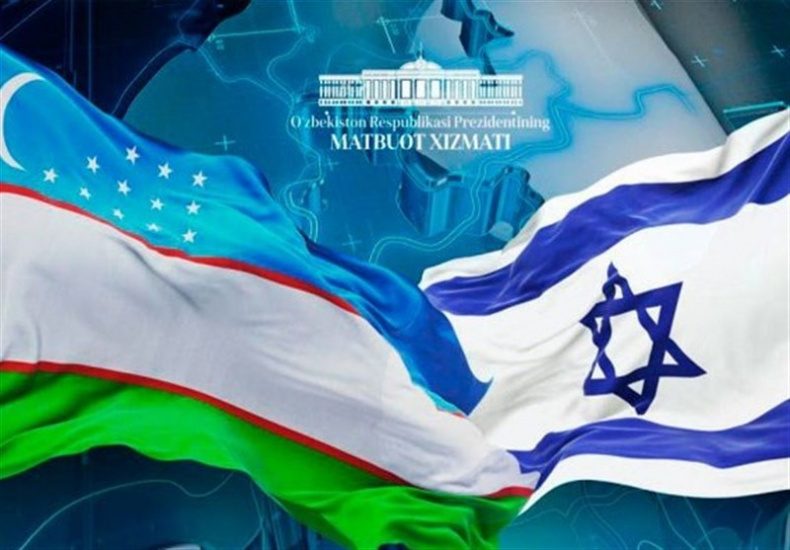As Iran fails to embrace its geopolitical advantages in Central Asia, the region is turning into Israel's backyard.

The Israeli regime has been focusing on expanding its influence in Iran's neighboring countries, with the latest step being the opening of an embassy in Ashgabat, Turkmenistan. This move is seen as a symbol of Israel's expansion of influence in the region and a reduction of Iran's influence in its surroundings. Israel has also announced the opening of its embassy in Baku, Azerbaijan, as part of its strategy to expand relations with the countries of the Caucasus and Central Asia. The Israeli regime's goal is to create a threat against Iran's territorial integrity, which is currently one of its top priorities.
Israel considers Central Asia important for several reasons. By being present in Central Asia, this regime is trying to curb regional powers like Iran and gain levers of pressure against Russia and Turkey. Central Asia is also an opportunity for Israel to establish ties with Muslim countries and gain recognition in the Islamic world. Israel is trying to prevent the influence of countries such as Iran in Central Asia and the Caucasus by signing cooperation agreements in various fields, such as health, agriculture, industry, and security.
Tel Aviv is penetrating into Central Asia through diplomatic work, implementation of development projects, cultural and social activities, and using the services of Jewish organizations in the region. Israel's strategy in the first stage is to rely on economic influence through large projects, provision of aid, and signing of economic agreements. Israel's private sector and businessmen introduce themselves as active intermediaries to attract Western and American capital to Central Asian countries. Israel also uses influence in Central Asia as a tool to neutralize Iran's strategic risks in the future.
Although Israel has official diplomatic relations with Central Asian countries, it manages its relations with these countries secretly in military and security fields, especially Kazakhstan and Uzbekistan. These countries embraced cooperation with Israel with the motivation of diversifying their weapons sources and reducing their dependence on Russia and China. On the other hand, the governments in Central Asian countries are interested in using Israeli cyber tools to use against dissidents.
Iran's role in influencing the developments in Central Asia is undeniable in many ways. Central Asian countries need to connect with open waters, making Iran an essential partner. This capacity showed its importance especially after the Russia-Ukraine war. Iran's special geographical capacity, which can increase Iran's power and influence in the Central Asian region, has remained unused until today. Realizing the opportunities in this case requires the development of a comprehensive strategy that will lead to significant changes.
In conclusion, in the absence of Iran's effective role in Central Asia, various countries such as Turkey, Saudi Arabia, and Israel are expanding their influence in the region, which will turn Central Asia into a platform for creating various threats against Iran in the near future. Therefore, Iran needs to develop a comprehensive strategy and emphasize its cultural heritage to expand its influence in Central Asia.

